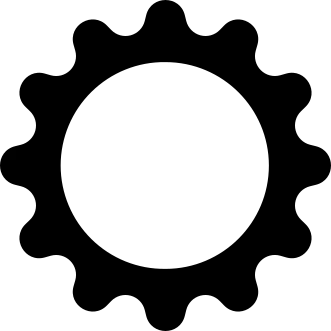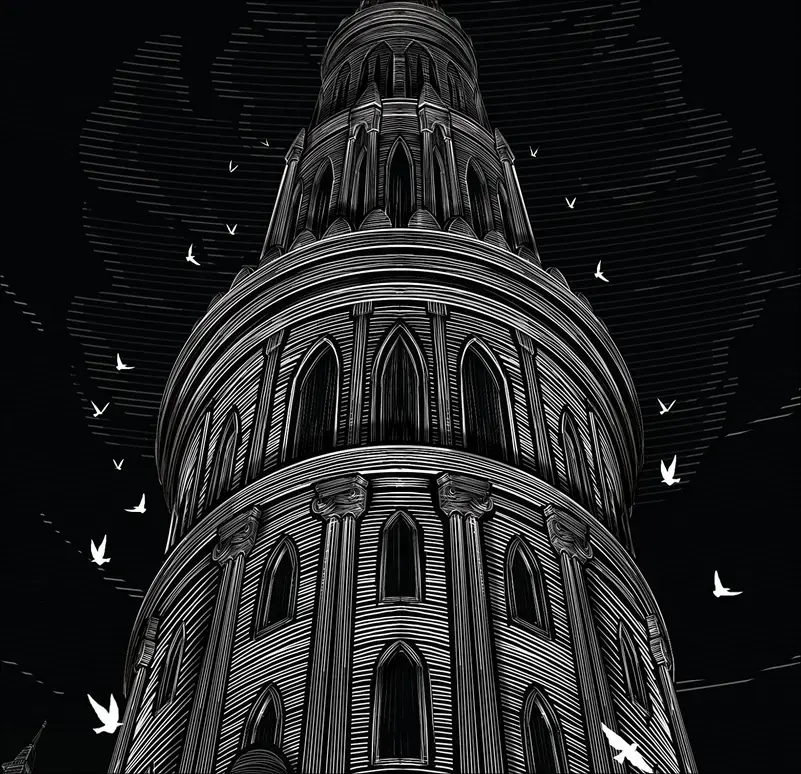The easy way to be correct 80% of the time is to apply sexism.
Latviešu seems like the same
Finnish is so easy; anything is “it”, including humans.
Only exception is pets and sometimes other people’s kids unless they’re annoyingI assume a washing machine is female in that case.
All machines are. I’d say it’s at least 90% completely arbitrary, what makes streets, tables, power, or cars feminine? What makes some countries feminine and some masculine? The only thing you could believably argue that it’s historic sexism is job titles, because most of them are masculine with derived feminine words.
I believe you’re wrong to assume the gender is a property of the thing the word refers too, it’s a property of the word itself. Synonyms can have different genders, like “vélo” is masculine and “bicylette” is feminine, both mean “bicycle”. “Vagin” is masculine. There’s no 100% consistent mean to determine a words gender, but helpful patterns that are right most of the time would be more in the word’s ending.
To take the example of “machine”, I can’t think of any word ending in “-ine” that isn’t feminine, safe for some Russian names.
Also, if a noun doesn’t end in “-e”, it’s most likely masculine. But the reciprocal isn’t true!
Reminds me of learning German.
I’d argue German is harder for genders (there are 3 with neutral). It’s nice that german at least pronouncs every letter in the word
It’s better when you already know a language with a three gender system when you’re learning
Im very lucky i know french, it helps a lot more than English
Not all letters are voiced. All c in sch are silent. Seemingly half of all h are silent. One s in dass is silent and therefore incorrectly sound the same as das (which is a different word). Sometimes an s is sharp sometimes it’s soft.
Gender of nouns are mostly arbitrary. Yeah there are some rules for some of them depending on the ending syllables but that only increases confusion. But then there’s stuff like der/die/das Joghurt (the yogurt) where all(!) genders are allowed. And then there’s stuff like der Modul and das Modul which are completely different things and only distinguishable by gender.
Also gender is a pretty stupid word for word classes. Because it’s just that: A group of words that behave grammatically the same. They have nothing to do with genders derived from biology. The third case isn’t even neutral, a common error that most people (even Germans) aren’t aware of. It’s ne-utrum which means neighter. In the past there was a forth case utrum which means both. And if we got further into the past there were much more word classes. There are languages out there that have 16+ word classes. Nobody even thinks about genders there.
German learners should always learn the article together with its noun (das Auto) to know the gender or get burned forever by the gender mess.
And boy do those words have letters
Theyre just the same words chained together in most cases. So “my favorite food” becomes "my favoritefood. Once you get the general vocabulary the longer words aren’t too jarring




